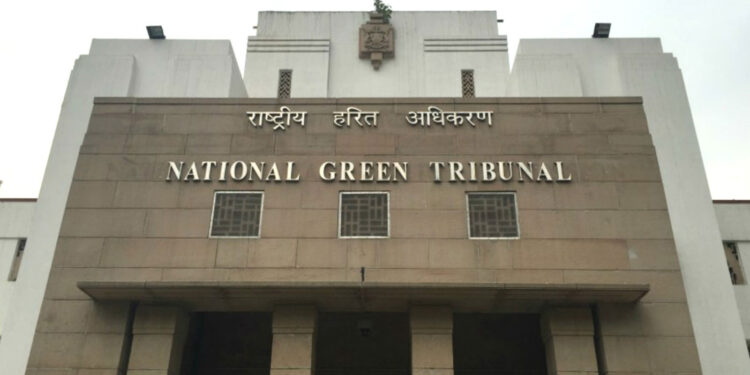The principal bench of the National Green Tribunal (NGT) has taken a serious view of the delay in addressing groundwater contamination in Punjab’s Sangrur district and has summoned top officials to explain the situation. The NGT has called upon the Director of the National Environmental Engineering Research Institute (NEERI) and the Member Secretary of the Punjab Pollution Control Board (PPCB) to provide an explanation for the delay in filing the status report and to suggest immediate measures to resolve the issue.
The NGT’s directive comes in response to a petition highlighting the severe groundwater contamination in Sangrur, which has been described as “so serious.” The petition raises concerns about the health and environmental impacts of the contamination and seeks urgent action to address the problem.
The NGT bench, comprising Chairperson Justice Prakash Shrivastava and Justice Sudhir Agarwal, has expressed dissatisfaction with the lack of progress in addressing the issue. The tribunal has emphasized the need for immediate and effective measures to prevent further contamination and to protect the health and well-being of the affected communities.
Groundwater contamination is a significant environmental issue in many parts of India, including Punjab. Contamination can occur due to various factors, including industrial pollution, agricultural runoff, and improper waste disposal practices. The contamination of groundwater sources poses serious risks to human health, as contaminated water can lead to various waterborne diseases and other health problems.
In the case of Sangrur, the NGT has highlighted the urgency of the situation and has called for swift action to address the contamination. The tribunal has also emphasized the importance of coordination between different agencies and departments to effectively tackle the problem.
The NGT’s decision to summon top officials from NEERI and the PPCB underscores the seriousness of the issue and the tribunal’s commitment to ensuring that appropriate action is taken. The tribunal’s directive is expected to expedite efforts to address the groundwater contamination in Sangrur and to prevent further harm to the environment and public health.
It is important for the authorities to take prompt and effective measures to address groundwater contamination in Sangrur and other affected areas. This may include conducting comprehensive studies to identify the sources of contamination, implementing measures to prevent further contamination, and providing safe alternative sources of water to affected communities.
The NGT’s intervention in the matter is a positive step towards addressing the issue of groundwater contamination in Sangrur. It is essential for all stakeholders, including government agencies, industries, and the public, to work together to address the problem and to protect the environment and public health.

















